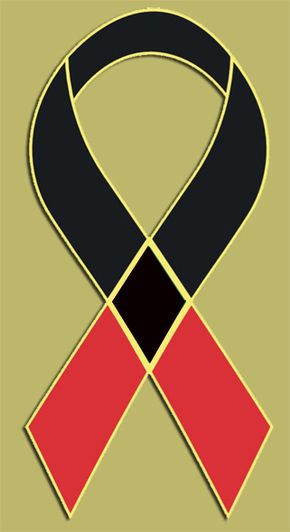South Africa must lead in HIV-Aids fight
Resource type: News
Sowetan Live | [ View Original Source (opens in new window) ]
SOUTH Africa should set a bold example to the rest of the world by resolving to triple the number of people on anti-retroviral medication by 2015.

This is according to a coalition of organisations, including the Treatment Action Campaign and Doctors Without Borders (DWB), that is pushing for 3million people to be on ARVs in four years’ time.
In early June a special UN high level meeting on HIV-Aids will be held to determine global targets amid shrinking donor funding.
Rumours are rife that the UN meeting might be the last to discuss HIV-Aids, which makes it essential that proper international targets are set.
“South Africa should take the lead in setting and committing to national targets,” and this will encourage other UN member states to do the same, according to the Treatment Action Campaign, DWB, Section 27, World Aids Campaign and the Aids and Rights Alliance of Southern Africa.
The organisations have made the request in a letter sent to the health minister, deputy president and health director-general.
Cabinet was supposedly due to discuss SA’s HIV-Aids targets on Wednesday before a country delegation attends the UN meeting on June 6. Other targets suggested by the organisations are that 80percent of public health facilities to provide integrated TB and HIV treatment; people to get ARVs when their CD4 count is 350 and for government to find ways to ensure “robust funding” for HIV in the light of global shortages.
“The declaration that is due to come out of the UN meeting is already being negotiated and it does not set any strong targets for treatment and prevention,” DWB spokesperson Mara Kardas-Nelson says.
“South Africa plays a strong role internationally in HIV-Aids because of its position in Africa and because it has the greatest number of people living with HIV in the world. For this reason, it is important for South Africa to take the lead,” Kardas-Nelson says.
At present less than half of those who need ARV treatment are receiving it, says Lynne Wilkinson, deputy country director of DWB.
“UN Secretary General Ban Ki-moon has called for at least 13million people to be placed on treatment by 2015, but we are lobbying for this target to be set at 15million, which is more in line with universal access,” said Wilkinson.
“The June UN meeting comes at a time when the world has seen both unprecedented scientific gains proving the benefits of ART and mounting threats to HIV programmes through persistent funding cuts,” Wilkinson says.
The Treatment Action Campaign is an Atlantic grantee.